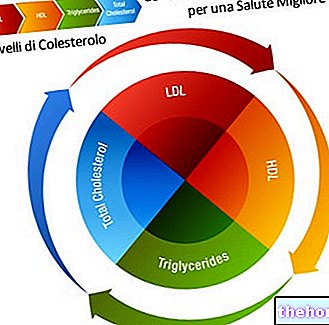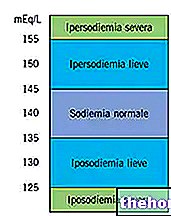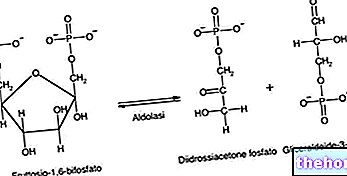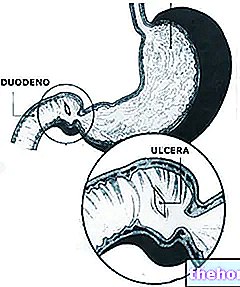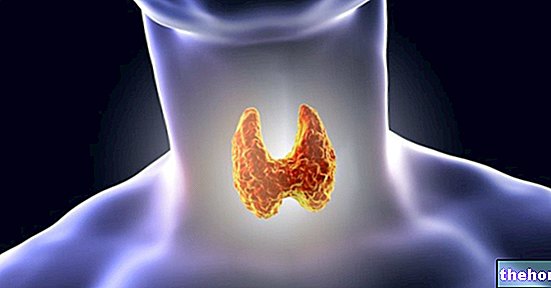Generality
The term calcemia indicates the concentration of calcium in the blood, where this mineral is found partly in free form and partly bound to plasma proteins, such as albumin (80%) and globulins (20%). Generally, it is evaluated the overall concentration of both forms, the so-called total calcium, to which the two fractions contribute in roughly equal parts.

What's this
Calcemia measures the concentration of calcium in the blood.
Calcium is one of the most important minerals in the body and 99% is stored in the bones. Almost all the remaining mineral circulates in the blood, where it can be present in free form or bound to plasma proteins.
The absorption, use and excretion of calcium are regulated and stabilized by a feedback mechanism involving parathyroid hormone (PTH), calcitonin and vitamin D.
Diseases and conditions that interfere with calcium metabolism can cause inappropriate acute or chronic increases or decreases in blood calcium, leading to symptoms of hypercalcemia or hypocalcemia.
Determination of calcemia is carried out:
- As part of the metabolic panel;
- When the patient has symptoms of increased or decreased concentrations of calcium, or has a disease affecting the kidneys, bones, nerves, thyroid or parathyroid glands;
- To evaluate the efficacy of a treatment for abnormal calcium concentrations.

